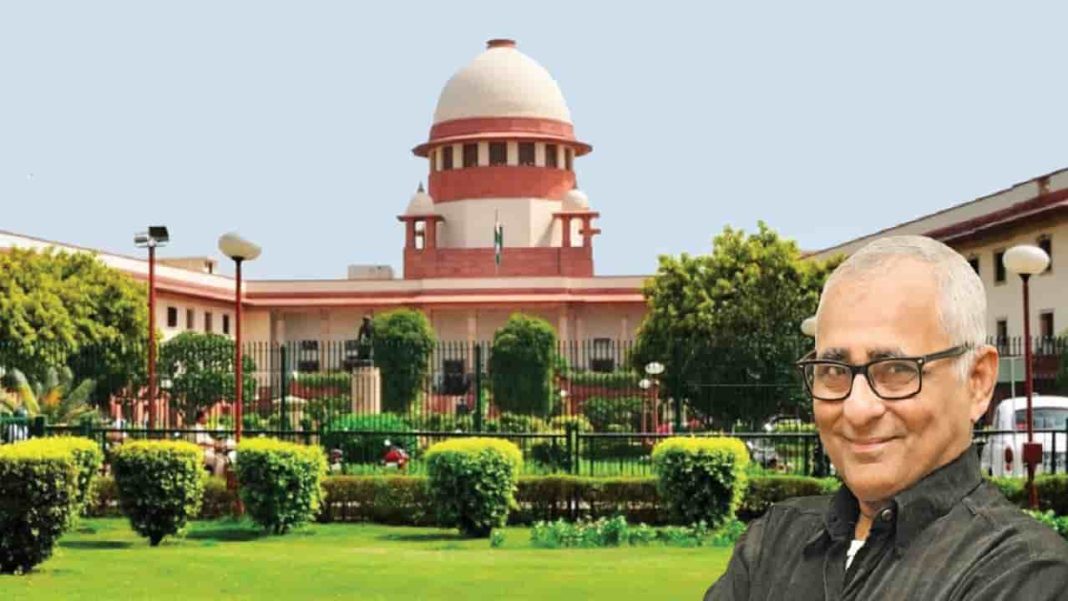By Inderjit Badhwar
In the recent past, several eminent, reformist political thinkers have been urging the judiciary to call out the Constitutional sins of the executive branch of the government. Prominent among them is Padma Bhushan and Magsaysay awardee Arun Shourie. Last month, in a well-publicised TV interview, this intrepid scholar-journalist-politician called upon the Supreme Court “to behave as if it’s at war in defence of the Constitution”.
This sentiment reflects the concerns of citizens who believe that the doctrine of separation of powers on which rest the pillars of the Rule of Law—indeed the Indian Republic itself—is under a withering and concerted attack.
They point out that while it is in the nature of the executive to take a mile whenever it is given an inch, the Supreme Court is the only institution empowered to correct this imbalance by showing the executive its proper place within the framework of checks and balances that safeguards the majesty of the Rule of Law.
But the apex court, critics note, is now being systematically disabled from performing this critical role by the executive branch which is not only challenging the Collegium system that protects the appointment and promotion of judges from political interference and influence, but also asserting the supremacy of parliament over the Constitution.
Under India’s democratic polity, the separation of powers is sought to be Constitutionally protected not only by the Supreme Court, but also by countervailing centres of power—autonomous institutions and regulatory bodies like the Election Commission of India, the Central Bureau of Investigation, the Comptroller and Auditor General of India, the Directorate of Revenue Intelligence, the Securities and Exchange Board of India, the Reserve Bank of India, and others.
These agencies exist to protect the people from the government and insulate governance from the vested interests of politicians and bureaucrats and business houses. But too often they have stood this principle on its head and wound up protecting the government from the people.
The Supreme Court cannot afford to simply stand and stare and allow the executive, regardless of the party in power, to usurp the legitimate authority of the courts or of watchdog institutions.
Chief Justice DY Chandrachud has been unrelenting in his defence of the Collegium system as well as by reasserting the primacy of the doctrine of inviolability of the “basic structure” of the Constitution.
What Chandrachud has uttered in words, his colleagues on a separate Constitutional Bench have ruled in deed. As our report points out, the judges have for the first time, thrown the book at the executive branch and called for cleaning up the process of appointing members of the Election Commission.
The Election Commission has long been criticised in the press as well as from political and academic platforms for playing the role of handmaiden to the party in power and tainting the process of free and fair elections instead of standing as an autonomous guarantor of the fairness of the system through which India elects her legislators and claims its place as the world’s largest democracy.
This judgment deserves to be read in full by every citizen. It minces no words. It is a scathing indictment of the systematic erosion of processes and procedures and perversion of Constitutional Authority. But the judgment is also prescriptive and demonstrates that the Supreme Court has a voice that can be heard above the deafening din of political plutocrats and autocrats.


